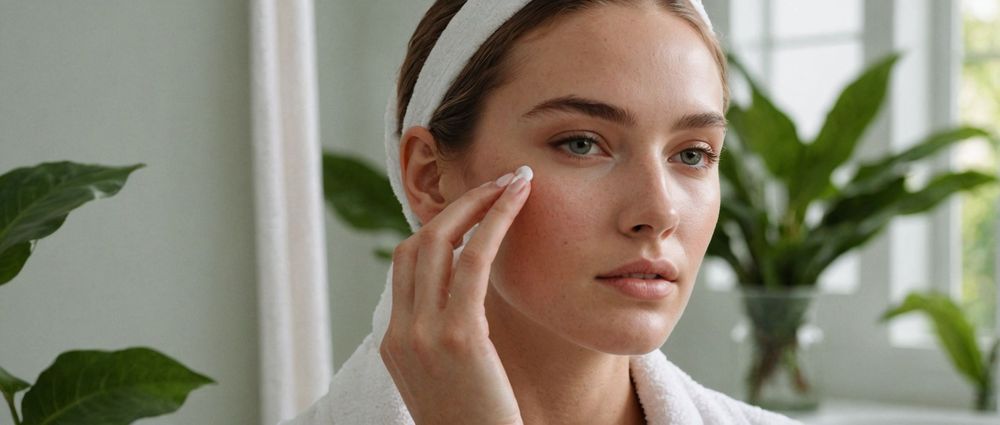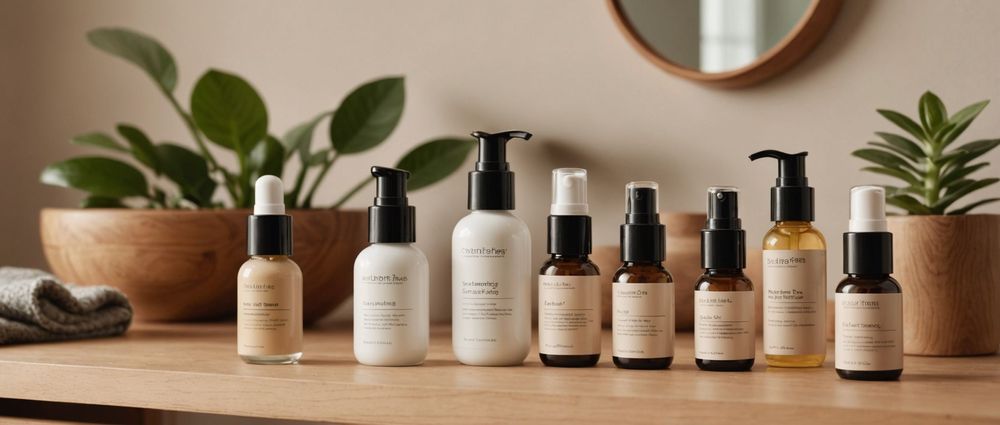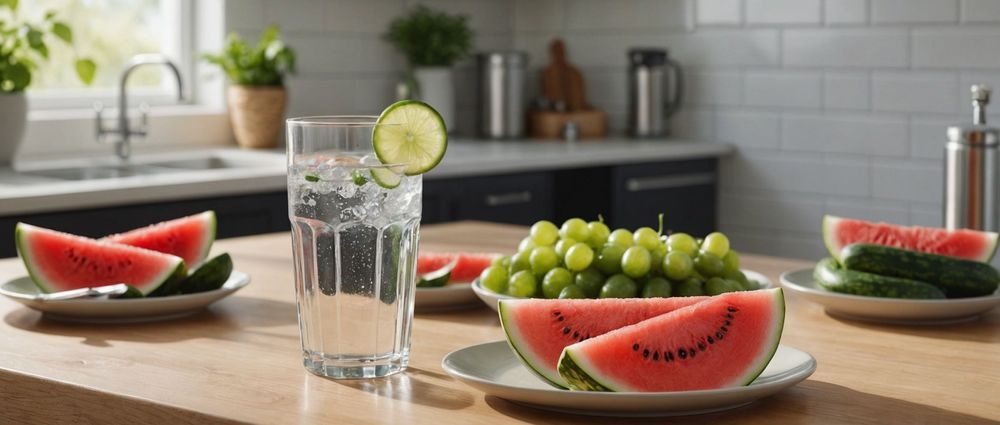In the realm of skincare, two terms often discussed are “hydration” and “moisture.” While many people use these terms interchangeably, they represent different aspects of skin health. Hydration refers to the water content within the skin cells, whereas moisture relates to the outer layer of the skin and how well it retains that hydration. Understanding the distinction between these two concepts is crucial for anyone looking to develop an effective skincare routine. In this article, we will delve deeper into each concept, explore their significance, and offer tips on how to achieve optimal skin health.
What is Hydration?

Hydration is the process of supplying water to the skin, ensuring that skin cells are plump and functioning optimally. It plays a vital role in maintaining skin elasticity and preventing a dry, dull appearance. Properly hydrated skin can act as a barrier to environmental stressors and thus maintain overall skin health.
To achieve effective hydration, it’s essential to use products that contain humectants—substances that draw moisture into the skin. Common ingredients include:
- Hyaluronic Acid
- Glycerin
- Aloe Vera
- Urea
- Beta-Glucan
Moreover, hydration can be boosted through lifestyle choices like drinking enough water, eating hydrating foods such as fruits and vegetables, and using a good humidifier, especially in dry environments. Consistency in hydration is key, as neglecting to hydrate the skin over time can lead to severe dryness and acceleration of aging signs.
What is Moisture?

Moisture pertains to the presence of lipids or oils that create a protective barrier on the skin’s surface, preventing water loss and maintaining hydration levels. This process is crucial as it locks in the hydration and ensures that the skin remains soft, supple, and radiant. Moisturized skin is less prone to irritation, redness, and other skin conditions.
To maintain moisture, it’s essential to choose the right emollients and occlusives in your skincare routine. These ingredients can include:
- Shea Butter
- Jojoba Oil
- Petrolatum
- Ceramides
- Dimethicone
Additionally, lifestyle factors can impact the skin’s moisture levels. Using a daily moisturizer after cleansing, limiting exposure to harsh weather, and avoiding hot showers can make a significant difference in retaining moisture and thus keeping the skin healthy and vibrant.
Hydration vs. Moisture: Key Differences
Understanding the differences between hydration and moisture is essential for developing a comprehensive skincare routine. While hydration focuses on increasing the water content in your skin, moisture emphasizes preventing water loss through a protective barrier. Both are necessary for achieving healthy skin, yet they address different concerns.
In practical terms, you can think of hydration as the water your body needs to function and moisture as the oil that seals in that water. The best results come from a balanced approach that includes both hydration and moisture, addressing both water intake and barrier repair. Skincare products often combine both humectants and occlusives for optimal hydration and moisture retention, making it essential to read ingredient labels carefully when selecting products.
Tips for Achieving Optimal Hydration and Moisture
To effectively manage both hydration and moisture, consider these tips:
- Use a hydrating serum followed by a moisturizer to seal in water.
- Incorporate a hydrating toner into your regimen before applying serums.
- Drink at least eight glasses of water daily to support overall hydration.
- Opt for a humidifier in your living spaces to combat dryness, especially during winter.
- Perform skin patch tests when trying new products to ensure compatibility.
By integrating these practices into your daily routine, you can enhance the quality of your skin, making it appear more youthful and vibrant.
Conclusion
In the battle of hydration versus moisture, both elements are essential for maintaining healthy skin. Hydration ensures that your skin cells are full of water, while moisture helps trap that water, creating a protective barrier. To optimize your skincare routine, leverage products that provide both hydration and moisture, and pay attention to your lifestyle choices to support skin health. By taking a holistic approach, you can achieve the glowing, resilient skin you’ve always wanted.
FAQs
1. Can I use a moisturizer without ensuring my skin is hydrated?
Yes, but it may not be as effective. A moisturizer helps to retain moisture; however, if your skin is not hydrated, you might not achieve optimal results.
2. How often should I hydrate my skin?
It’s best to hydrate your skin daily, especially after cleansing. For optimal results, consider using hydrating products both in the morning and at night.
3. Are there foods that help with skin hydration?
Yes, foods rich in water content, such as cucumbers, watermelon, and oranges, can greatly enhance your skin’s hydration levels.
4. Can I hydrate my skin with just water?
While drinking water is essential for overall hydration, topical products are more effective in hydrating the skin directly. Look for hydrating serums or sprays to apply on the skin.
5. How can I tell if my skin is dehydrated or dry?
Dehydrated skin may feel tight or look dull and may have fine lines. Dry skin, on the other hand, can be rough and flaky. Using hydrating products can help identify which concern you need to address.
